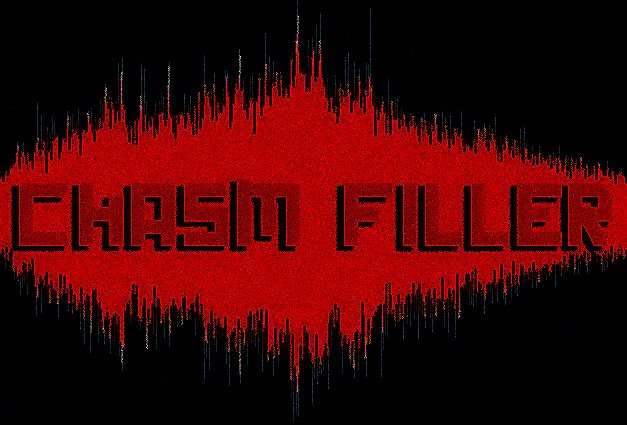"If Otomo Yoshihide can interpret Eric Dolphy and Marc Ribot can do Albert Ayler, then why not Nels Cline doing Andrew Hill -- who is still alive and creating marvelously, with his recordings in the current century clear evidence of this. As Cline describes his approach in the liner notes, this most certainly is not a tribute record or an attempt to completely re-create Hill's music. The transcriptions came from recordings rather than notated sources. He also writes that the bandmembers -- like many of Hill's ensembles -- do not play on changes (in "Dedication" and the medley "Yokada Yokada/The Rumproller" -- a bit of humor tossed in -- they do, but nowhere else). The band includes Cline on guitars, Ben Goldberg on clarinets, Bobby Bradford on cornet, Andrea Parkins on accordion and sonics, Devin Hoff on bass, drummer Scott Amendola, and Alex Cline playing drums on "Dedication" and "Compulsion." This is an unusual lineup, but then, perhaps the music, interpreted as it is here from nearly all of Hill's periods, demanded it. There are four medleys, so Cline could get as much in as possible. The opening set, which blends "McNeil Island" with "Pumpkin," is held together by the general restraint of the ensemble and Bradford's muscular cornet. In the medleys, the band is much freer, and engaging a sense of humor that has always been in Hill's work but is generally not considered -- although in the next track, "Not Sa No Sa," the free playing reaches a peak with Parkins barging through the mix with her accordion and Cline playing his fiery, distorted best.
On the medley of "Yokada Yokada" and "The Rumproller," the latter tune's harmonics are completely torn apart and reassembled. It's only a little over four and a half minutes long, but is an ear-opening delight. The longest of the medleys assembled is the third cut, which contains and is titled "No Doubt/11/8/Dance with Death." Over 20 minutes long, it showcases the modalities and striations of Hill's melodic lines as they open up into free playing and, in general, spaces for improvisers to move around and discover what's actually in them and then stretch them -- although not often to the breaking point (or as Cline states in his liners, to "find OURSELVES"). The beautiful sense of restraint and freedom the band approaches this material with is commendable. On this medley, Cline eventually takes his guitar solo into the stratosphere, but does so by examining the various tunes' spaces for doing just that. Otherwise, the composition is used to guide improvisation within its parameters. Cline has done so much of late -- from his own Nels Cline Singers to playing with acts like Wilco (and saving their ass since Jay Bennett left the ranks) and guesting with other jazzsters -- that this focused project, which required the musicians to listen very closely in his sometimes knotty arrangements, is not only refreshing but feels like new ground, new aural terrain. Hill's work does not suffer for its interpretations by Cline and company; it breathes in a new context, one that understands his own. This is a fine and important date and necessary listening for those who care about the composer or are just coming to him, or about Cline and his own development. Essential listening". - Thom Jurek Compulsion |




No comments:
Post a Comment